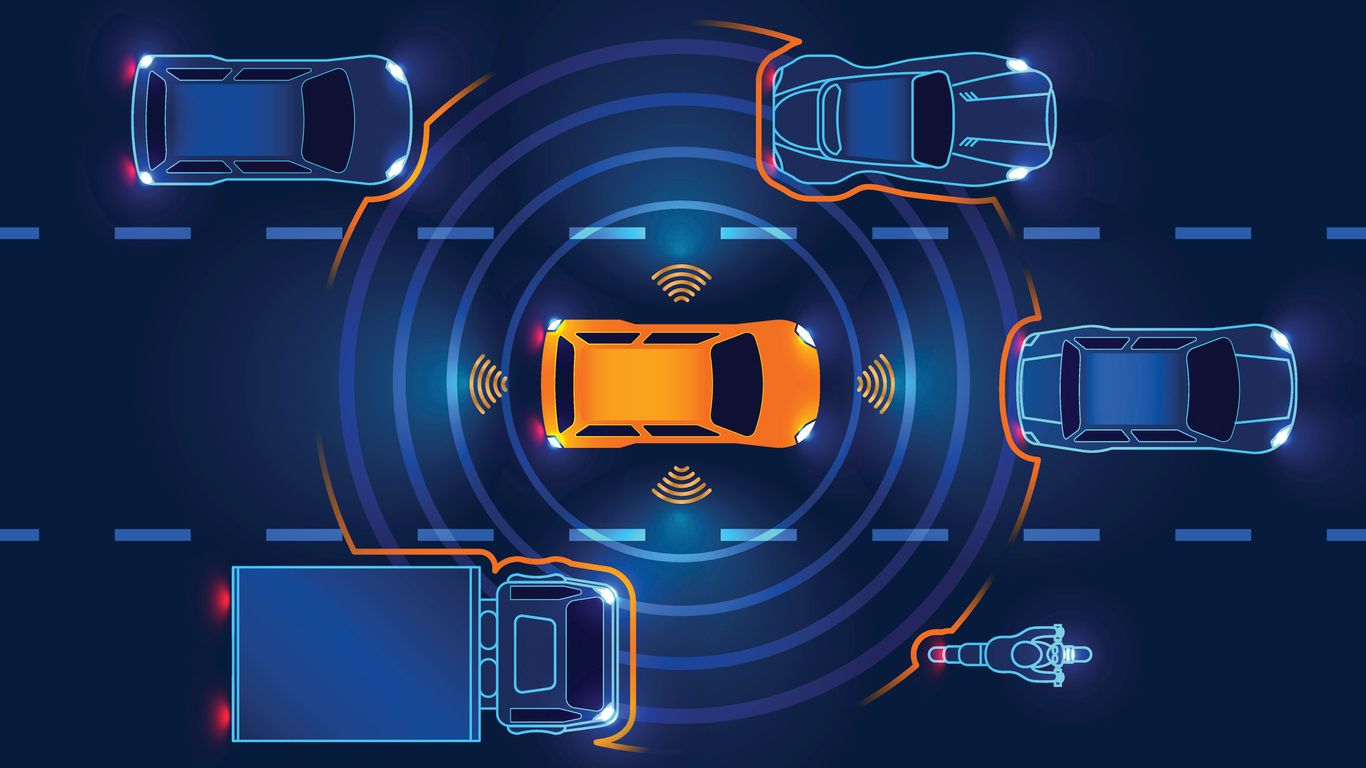The automotive industry is undergoing a profound transformation, driven by relentless innovation in safety and autonomy. From advanced driver-assistance systems (ADAS) to fully autonomous vehicles, the future of mobility promises safer roads and more efficient transportation. This evolution isn't just about new features in cars; it's about a paradigm shift that demands a new breed of skilled professionals.
The Rise of ADAS and Autonomous Driving
Advanced Driver Assistance Systems (ADAS) are already commonplace in modern vehicles, offering features like automatic emergency braking, lane-keeping assist, and adaptive cruise control. These systems, powered by sophisticated sensors, cameras, and AI, are significantly reducing accidents and enhancing driver awareness. The ultimate goal of ADAS is to pave the way for autonomous driving, where vehicles can navigate and operate without human intervention.
Autonomous driving technology is progressing rapidly, with various levels of automation being developed and tested. While fully self-driving cars are still some years away from widespread adoption, the underlying technologies are continually being refined. This includes advancements in sensor fusion, real-time data processing, machine learning algorithms, and vehicle-to-everything (V2X) communication.
The Demand for Specialized Skills
This technological revolution creates an immense demand for professionals with specialized skills. Traditional automotive engineering roles are evolving, and there's a growing need for experts in areas such as:
- Sensor Technology and Integration: Understanding and working with lidar, radar, cameras, and ultrasonic sensors.
- Artificial Intelligence and Machine Learning: Developing algorithms for perception, decision-making, and control in autonomous systems.
- Software Development: Writing robust and secure code for complex automotive software architectures.
- Cybersecurity: Protecting connected and autonomous vehicles from cyber threats.
- Embedded System: Ensuring the reliable and safe operation of these embedded systems.
Upskilling for the Future with iACE
For individuals looking to thrive in this dynamic landscape, continuous learning and upskilling are paramount. This is where an upskilling institute like the International Automobile Centre of Excellence (iACE) plays a crucial role. iACE offers industry-relevant programs designed to equip professionals with the expertise needed for the automotive industry's future.
If you've completed Diploma or Bachelors of Engineering and are looking to specialize in cutting-edge automotive technologies, iACE's Post Graduate Program is an ideal pathway. This program delves deep into the intricacies of automotive systems, including advanced safety and autonomous driving technologies. Furthermore, for those interested in the broader aspects of vehicle production, including the systems that integrate these advanced features, a post graduate program is invaluable, and iACE provides comprehensive training in this domain as well.
iACE's curriculum is developed in collaboration with industry leaders, ensuring that graduates are not just theoretically sound but also possess practical, hands-on experience. By focusing on real-world applications and the latest industry standards, iACE prepares its students to contribute immediately to the development and deployment of advanced safety systems and autonomous driving solutions.
Conclusion
The road ahead for the automotive industry is exciting, filled with innovations that promise to redefine how we travel. Advanced safety systems and autonomous driving are at the forefront of this transformation. By investing in specialized education and training at an upskilling center like iACE, professionals can position themselves at the cutting edge of this revolution, driving progress and shaping the future of mobility.


